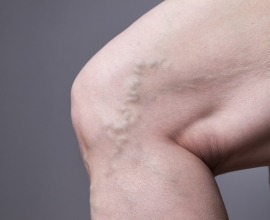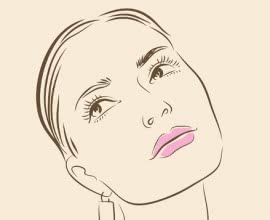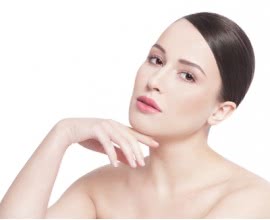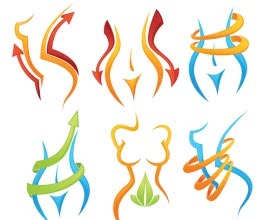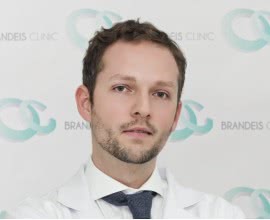What causes varicose veins?
It may sound like an exaggerated statistics, but approximately 20 percent of adults experience medical conditions, involving varicose veins at some point. In the most of cases - weak vein walls and valves may cause appearance of varicose veins. Although varicose veins are a benign clinical pathology, they sometimes conceal the danger of rupture - especially when left untreated. Several medical treatments are successfully utilized for treating this condition. Thus, professional doctor can provide a detailed advice on the best methods of varicose veins’ treatments without any potential complications – as well as – on the most appropriate aftercare for better healing. [1]
Talking about medical treatment of varicose veins conditions - there are specific questions to be asked on both surgery and pricing. Therefore, a highly qualified and experienced medical staff in Medical Travel Czech clinique provides the best consulting services and plastic surgery in Prague. For all the patients – it is extremely important to obtain both, since some cases of varicose veins include intensive venous bleeding and require an immediate help of experienced surgeon.
Varicose Veins Basics
For helping circulation of oxygen-rich blood between the lungs and all parts of the body - human arteries have thick layers of muscle or elastic tissue. When pushing blood back to the heart, veins mainly rely on surrounding muscles and network of one-way valves. Therefore, as blood flows through a vein - the cup-alike valves alternately open for allowing blood through, and close to prevent backflow then.
How does it work in the case of varicose veins? The valves do not work properly - allowing blood to pool in the vein and making it difficult for the muscles to push the blood up. As result, instead of flowing from one valve to the next one, the blood continues to pool in the vein. It increases both - venous pressure and the likelihood of congestion while causing the vein to bulge and twist. Moreover, superficial veins receive less muscle support than deep veins. Therefore, they are more likely to become varicose.
The most conditions, which add an excessive pressure on the legs and/or abdomen, may create varicose veins. Among the most common pressure inducers are pregnancy, obesity, standing still during long time and so on. In more rare cases, chronic constipation and tumors also cause varicose veins conditions. [2]
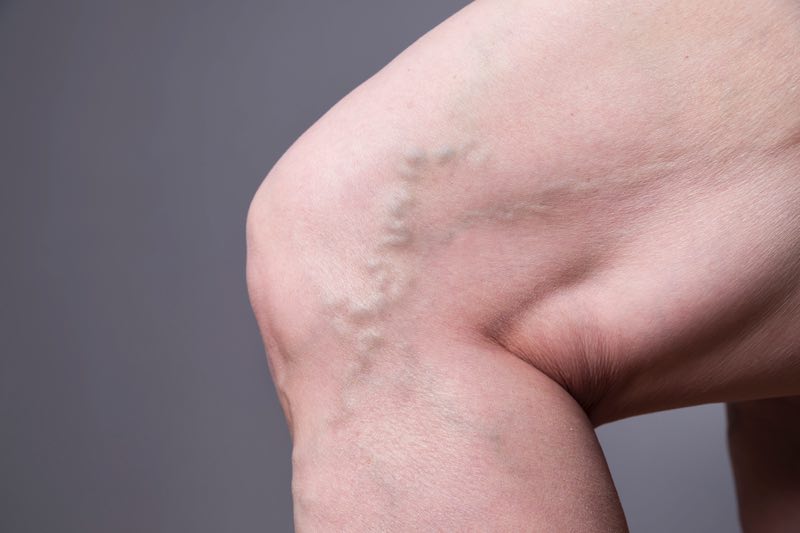
Are Varicose Veins Dangerous?
Varicose veins can be more than just unsightly. In the worst cases, they turn into pain, swelling, restless leg syndrome, as well as, into tired and aching legs. All of the above symptoms directly affect daily activities, decreasing the life quality… After all, untreated varicose veins become dangerous for health due to the blood, which is pooling in damaged veins, may clot.
When symptomatic cases of varicose veins being left untreated - they can lead to serious complications, including rashes, infections, bleeding, sores and blood clots. For example, when the leg is already swollen, health complications may be even more serious: varicose veins near the surface of your skin can sometimes bleed if the leg was cut or bumped. [3]
Preventing Varicose Veins
Prior to medical consultation with an excellent doctor in Medical Travel Czech, each potential patient may reduce discomfort of varicose veins’ condition by the following actions:
-
Exercising on a regular basis
-
Watching own weight when possible
-
Eating more of products with high-fiber and low-salt components
-
Avoiding to wear high heels and/or tight hosiery (for women)
-
Elevating legs from time to time in order to force blood circulation, as well as, to rest
-
Changing habitual sitting and standing positions more often
How to Treat Varicose Veins?
All the aspects of medical treatment must be discussed with the plastic surgeon with the aim of avoiding any undesired complications. For treating varicose veins, sclerotherapy can be chosen. Doctor may inject small- and medium-sized varicose veins with a solution or foam that scars and closes those veins. In a few weeks, treated varicose veins should fade. Although - the same vein may need to be injected more than once. Similar to any surgical operation - sclerotherapy is an effective treatment when done correctly.
After care period can last up to one month. In more details, it usually takes between one and four weeks to heal after varicose vein surgery. During that time, patients are advised to avoid and/or limit many of their habitual activities. Moreover, no heavy lifting and vigorous exercising should be considered for - at least - two weeks. However, each patient heals in a different way and healing time may vary. [4]
Sources:
[1] National Heath Society (UK): Conditions - Varicose Veins
https://www.nhs.uk/conditions/varicose-veins/
[2] The WebMD Medical Team: Understanding Varicose Veins Basics
https://www.webmd.com/skin-problems-and-treatments/understanding-varicos...
[3] National Center for Biotechnology Information: Dangers and Risks of Varicose Veins
https://www.ncbi.nlm.nih.gov/pmc/articles/PMC3499307/
[4] US Health Grades Association: Right Care - 10 Tips for Recovering from Varicose Vein Surgery
https://www.healthgrades.com/right-care/varicose-vein-removal/10-tips-fo...

